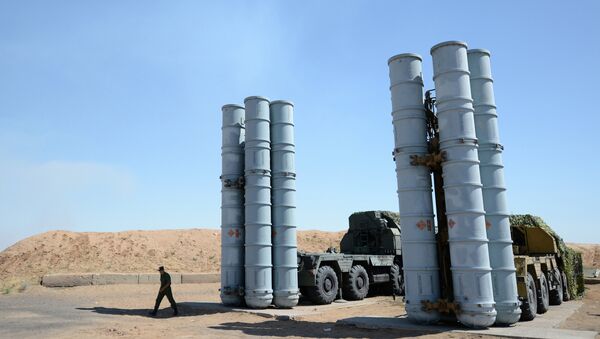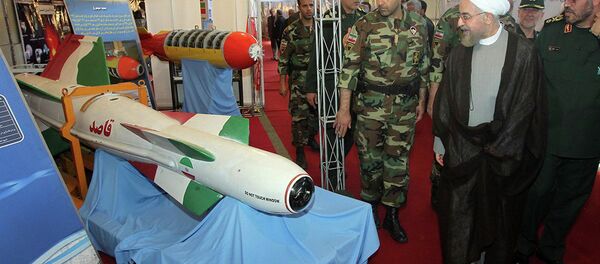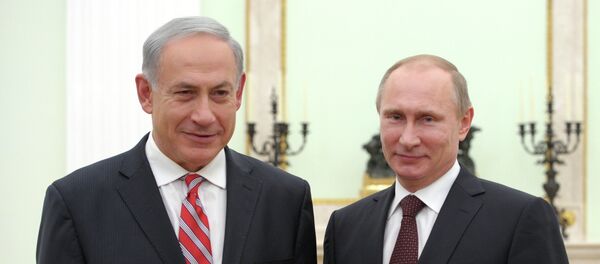On Monday, the Russian president revived the deal on the delivery of S-300s to Tehran, suspended under the UN-imposed arms embargo.
"There is nothing to add to what has already been said on the S-300 [delivery to Iran]…. It is a matter of legal regulation," Dmitry Peskov said at a press briefing, after being asked to explain Russia's move given that it could complicate relations with Israel.
On Tuesday, Israeli Prime Minister Benjamin Netanyahu told Putin in a phone conversation that delivery of the S-300 missile systems to Iran would undermine stability in the Middle East and increase Tehran's "belligerence." Netanyahu said Jerusalem could start sending weapons to war-torn Ukraine in response.
On April 2, Iran and six world powers, including Russia, China and the United States, agreed on a framework for a deal to ensure the peaceful nature of Iran's nuclear program. The deal would involve a gradual phasing out of sanctions against Tehran.
The final agreement between Iran and the international mediators is set to be achieved by June 30, 2015.



